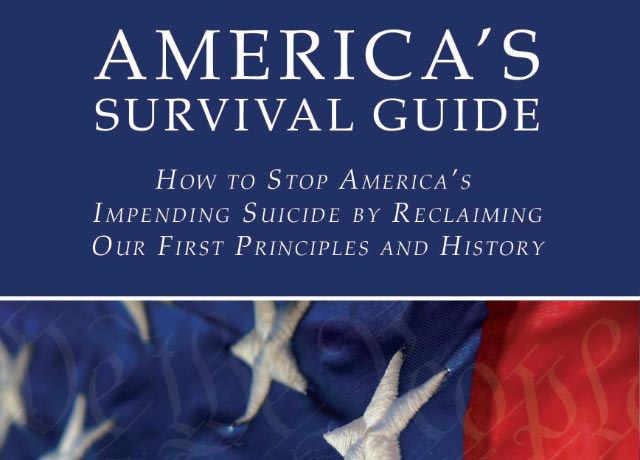A fundamental First Principle of our Declaration of Independence, and embedded in our Constitution, is a limited federal government. Having just beaten back British tyranny, and fearful of a centralized, overbearing and uncontrolled government, the Founding Fathers determined to give the federal government specific, enumerated powers in the Constitution.
The idea of limited government is articulated in the Declaration of Independence's explanation that "that to secure these [unalienable rights], governments are instituted among men, deriving their just powers from the consent of the governed." It is specifically confirmed in how the Constitution was drafted - Article I specifically enumerates the powers vested in the federal government. To eliminate any doubt, the 9th and 10th Amendments expressly provide that any powers not specifically granted to the federal government are reserved to the States or the people.
Today, however, the idea of limited government is mostly ignored. There is very little discussion on most issues regarding whether it is appropriate for the federal government to act. Although the health care debate has raised serious concerns about the appropriate scope of the federal government, most policy discussions involving a whole range of issues revolves around how the federal government should address a particular issue.
Thomas Jefferson wrote, "The construction applied ... to those parts of the Constitution of the United States which delegate Congress a power ... ought not to be construed as themselves to give unlimited powers, nor a part to be so taken as to destroy the whole residue of that instrument." His counsel is mostly ignored.
When a proposal for federal intervention is made, the very first question that should be asked is whether it fits within the powers given to the federal government. To ignore that question only guarantees the subversion of our Constitution.
Subscribe to:
Post Comments (Atom)






No comments:
Post a Comment